Papal representatives in the Middle East and top Curia figures are meeting in the Vatican from 2 to 4 October.
Papal representatives in the Middle East and top Curia figures are meeting in the Vatican from 2 to 4 October.
This morning Francis began a three-day meeting in the Vatican with Apostolic Nuncios to Middle Eastern nations and Superiors of the Secretariat of State and the Roman Curia, including the Secretary of State, Cardinal Pietro Parolin. The meeting will deal with the crisis in the Middle East, a part of the world where “Christians, along with other religious and ethnic minorities” are still “suffer[ing] as a result of the violence that continues to rage throughout the region.” “There are no religious reasons, political or economic conditions that may justify what is happening,” Francis said.
In a statement issued the early afternoon, the Vatican spokesman Fr. Federico Lombardi, said “He [the Pope] himself wanted to introduce the work of the meeting , thanking the participants gathered to pray and reflect together on what to do to meet the dramatic situation of Christians living in the Middle East and other religious and ethnic minorities who are suffering because of the violence raging throughout the region.” Fr. Lombardi added that the Holy Father was clearly moved as he expressed his concern for the many places suffering from war, and for the “phenomenon of terrorism for which the life of the person has no value.” Fr. Lombardi said Pope Francis alluded to arms trafficking as the root of many of today’s problems, and expressed his concern for “the humanitarian tragedy” affecting the many people forced to leave their countries. Reiterating the importance of prayer, the Holy Father expressed his hope that initiatives and actions can be identified “at multiple levels” in order to “express the solidarity of the whole Church with the Christians of the Middle East and engage the international community and all men of good will, so as to meet the needs of the many people who are suffering in the region.”
The Pope spoke about the dramatic situation in the Middle East during his Audience with Mar Dinkha IV, patriarch of the Assyrian Church of the East: “Our meeting is marked by the suffering we share over the wars that are going on in different regions of the Middle East; in particular, the violence that Christians and members of other religious minorities are subjected to, especially in Iraq and Syria. Many of our brothers and sisters are suffering daily persecution! When we think about their suffering, it is natural to go beyond the distinctions of ritual and confession. In them, there is the body of Christ that even today is hurt, stricken, [and] humiliated. There are no religious reasons, political or economic conditions that may justify what is happening to hundreds of thousands of innocent men, women and children. We feel deeply united in intercessory prayer and action of charity towards those members of the body of Christ who are suffering.”
There was mention of holding a meeting on the Middle East was last July when Francis decided to send Cardinal Fernando Filoni, Prefect of the Congregation for the Evangelisation of Peoples to Iraqi Kurdistan, among the people who are suffering persecution under the self-proclaimed Islamic State. In recent days the Holy See gave confirmation that a meeting on the Middle Eastern crisis would be held. He specified that the gathering, which began today, is being attended by papal representatives in Egypt, Israel, Jerusalem, Palestine, Jordan, Iraq, Iran, Lebanon, Syria and Turkey, as well as by Holy See representatives at the United Nations in New York and Geneva and at the European Union. Roman Curia representatives include: the Secretary of State, Cardinal Pietro Parolin, the substitute, Mgr. Angelo Becciu, the Secretary for Relations with States, Mgr. Dominique Mamberti and the Under-Secretary, Antoine Camilleri. Cardinal Filoni and the heads of those dicasteries that have a more direct involvement in the Middle Eastern crisis – i.e. the Congregation for the Oriental Churches (Leonardo Sandri) and the Pontifical Councils for Interreligious Dialogue (Jean-Louis Tauran), for Promoting Christian Unity (Kurt Koch), for Justice and Peace (Peter Turkson), for the Pastoral Care of Migrants and Itinerants (Antonio Maria Vegliò) and Cor Unum, the dicastery that promotes the Church’s charity initiatives (Robert Sarah) – were also present.
After the Pope gave his address, the Secretary of State Cardinal Pietro Parolin took the floor “to present the meeting and highlight its meaning and purpose.” The Prefect for the Congregation for the Oriental Churches, Cardinal Leonardo Sandri, spoke after him, “making some general comments on the situation Christians are facing in the Middle East. He looked at all aspects of the issue, inspiring an interesting conversation between participants.” The Nuncios to Syria and Iraq then “gave an overview of the situation of Christians in their respective countries,” while the President of the Pontifical Council Cor Unum, Cardinal Sarah, “gave a speech on the role of the Church in the face of the humanitarian crisis in the Middle East.” The President of the Pontifical Council for Interreligious Dialogue is expected to give a speech this afternoon “on the prospects of a religious dialogue with Islam and the challenges Christians face in the Middle East.” After this, Cardinal Filoni will “speak about his recent visit to Iraq as the Holy Father’s special envoy.” A discussion session will follow and today’s meeting will conclude with the Vespers.


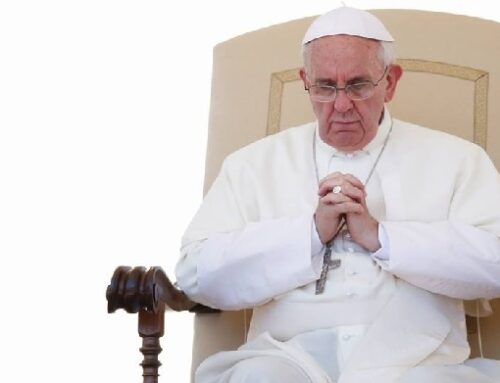
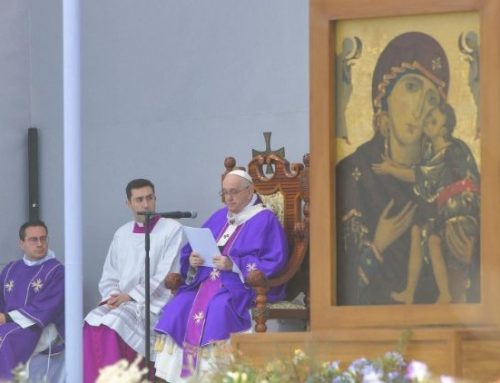
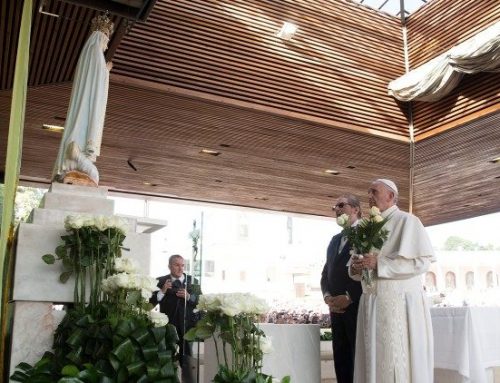
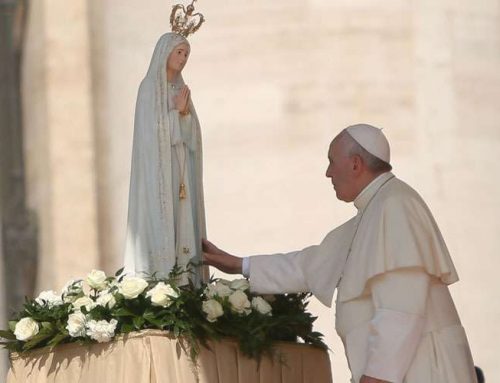
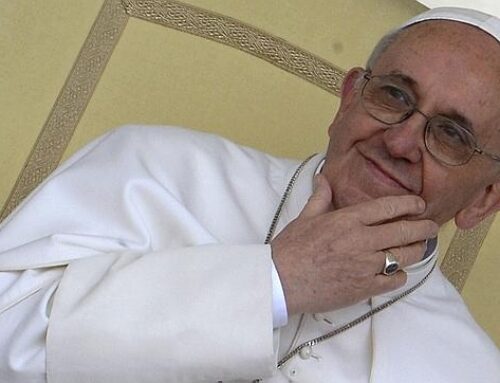
Leave A Comment
You must be logged in to post a comment.